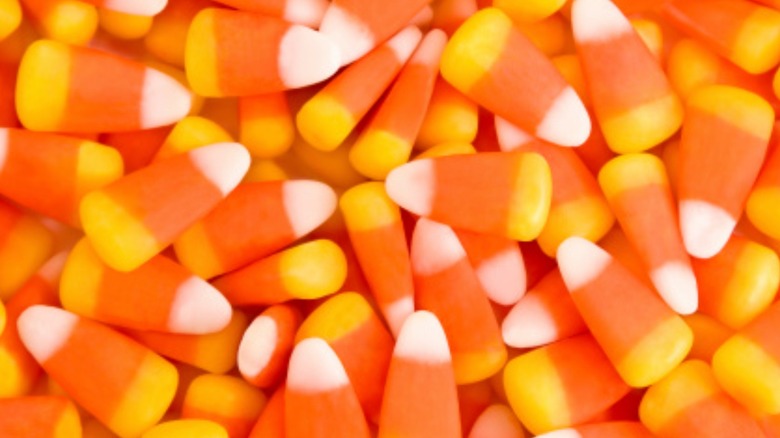The 4 Common Food Additives California Just Banned
U.S. citizens count on the Food and Drug Administration to protect them from harmful foods and monitor common food additives. Since the FDA evaluates products on a case-by-case basis, it's considered the authority on which products are safe for human consumption. But not everyone agrees with the agency.
California, for instance, is quite aggressive regarding product safety. For example, just this past weekend, Governor Gavin Newsom signed the California Food Safety Act, which bans the manufacture, sale, and distribution of four common food additives: brominated vegetable oil (BVO), red dye No. 3, potassium bromate, and propylparaben.
The FDA has been concerned about BVO for over 50 years; in fact, the agency limited the use of this product as early as 1970. Even though the FDA published a study in May 2022 concluding that BVO potentially caused negative health effects in rodents, the agency has not officially changed its recommendations. Similarly, red dye No. 3 was banned from cosmetics over 30 years ago, but it's still considered safe for human consumption and can be found in over 3,000 products. And as recently as June 7, 2023, the FDA recognized both potassium bromate and propylparaben as safe. Consequently, conflicting recommendations create confusion for the consumer, making it hard for them to feel confident in their food purchases.
What does this ban really mean?
The four items that are the target of this ban are ingredients. This ban does not force companies to stop selling or distributing foods in California; rather, the goal is to change the recipes to make the foods safer. The law does, however, prohibit manufacturers of these four products from operating in the state.
The scope of this law affects roughly 12,000 products. For example, while many manufacturers have removed it, you can still find brominated vegetable oil in soft drinks; potassium bromate can be found in bread and pastries; muffins, trail mixes, tortillas, and more could potentially contain propylparaben; and red dye No. 3 can be found in everything from cakes and cookies to popular candy.
While this law was passed on October 7, it won't take effect for a few years. Manufacturers will have until January 1, 2027, to adjust their recipes to eliminate the four items. If companies don't comply, they will receive fines of up to $10,000 for violations.

